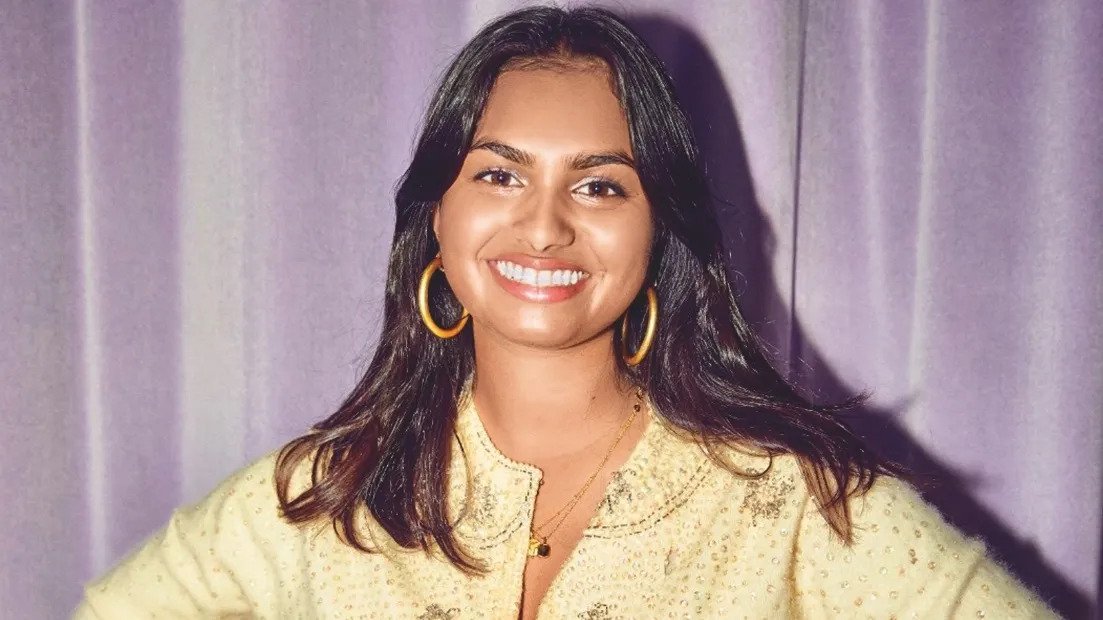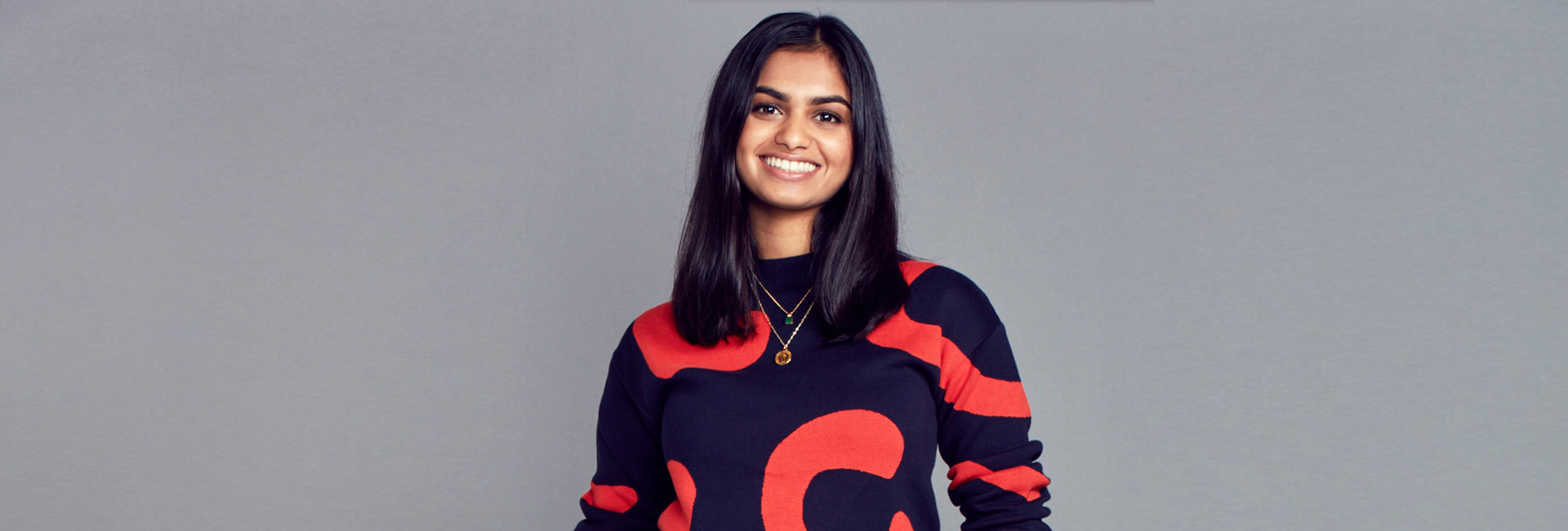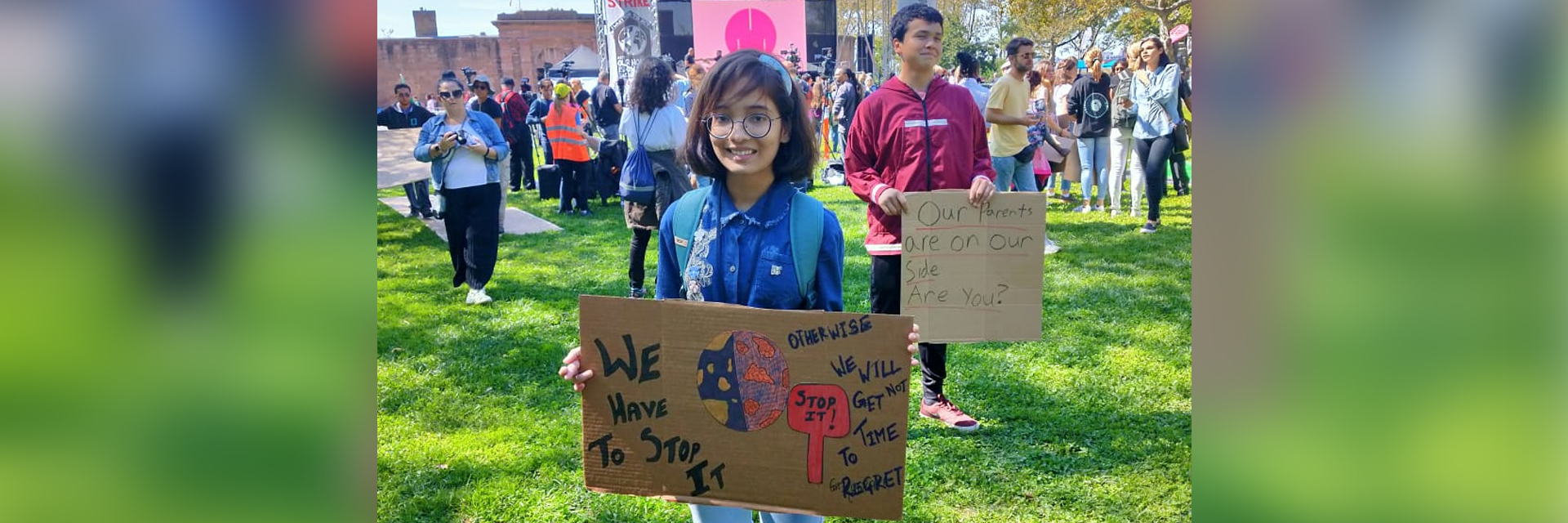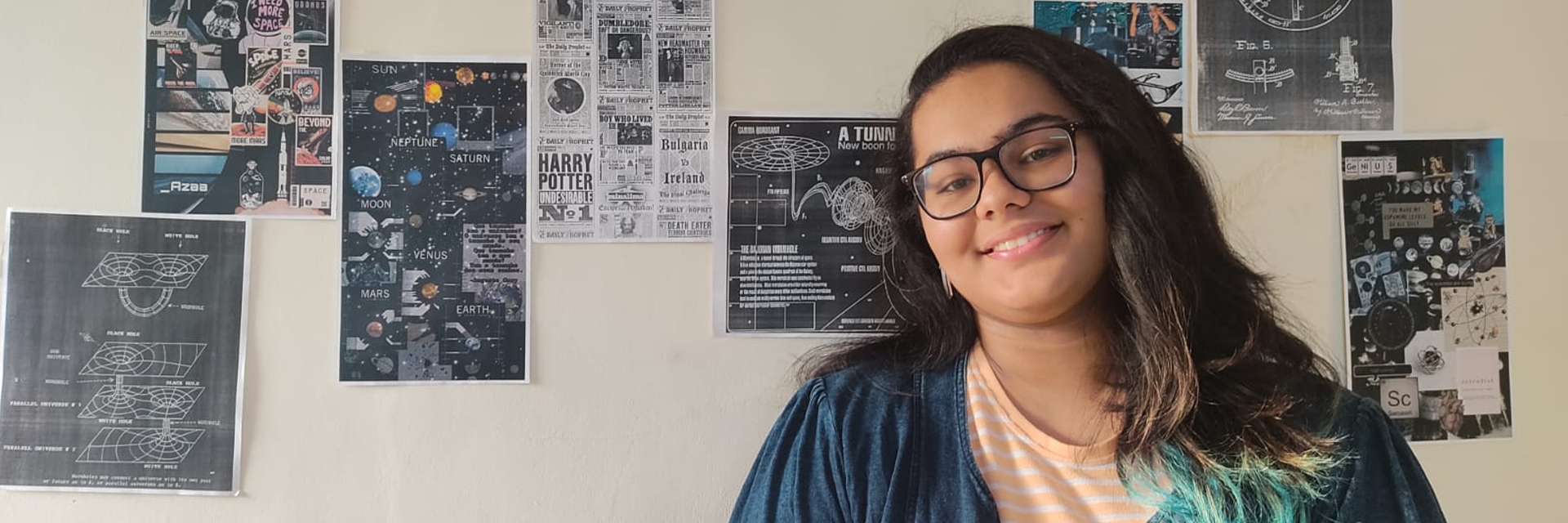(September 11, 2024) “Girls Too Poor to Buy Sanitary Products Missing School” – this headline on the BBC website in 2017 was the starting point of a revolution that was set to change the course of the education system in the UK. Behind this tectonic shift was a then 17-year-old Amika George, who stumbled upon the fact that period poverty was a startling reality in not just India or Kenya, but the UK too. One in ten girls in the UK was unable to afford sanitary products. Many girls were forced to miss school every month for the lack of access to menstrual products – this shocking truth led the activist to set up Free Periods, to campaign against period poverty. It was on Instagram that the movement took off in April 2017 and soon turned into a peaceful protest outside Downing Street with a turnout of 2000 people including big names like Suki Waterhouse and Adwoa Aboah. “Even though everyone was protesting period poverty – something so horrendous – it was also a celebration of periods,” she told the Guardian in an interview. The activism carried on for almost three years, which translated into a big win in January 2020 when the British government decided to provide schools with free sanitary products.

Amika George is the founder of Free Periods.
An article that led to a revolution
An article about young girls missing up to a week’s classes in the UK every month due to the unaffordability to buy sanitary products left Amika shocked. “It seemed unfair that a natural biological process was responsible for girls falling behind. To imagine being absent from school hit me,” she told the Hindu. The fact that the girls were no different from her except for their financial background, led her to start a Free Periods petition, especially at a time when the government was rolling out tampon tax – seeing it as a luxury item.
The response was unprecedented, with girls from Asian communities and other ethnic backgrounds emailing her about their struggles during periods. They told her their families had a hard time affording two square meals, and there was no money for sanitary pads. One mail made her realise how “deeply entrenched” the taboo is after a girl wrote to her saying that she would search her parents’ wallets or sofa for coins every month to buy pads as she felt embarrassed to ask for help or talk about periods.
“I was shocked and decided to start a campaign to lobby the government, urging them to give free menstrual products to children from the lowest income families. I found support quickly and globally. So many people outreached to offer support, with many telling me that this was something they were going through and needed to be addressed.” she told Pink Parcel.
View this post on Instagram
Ensuring equal access to education for all children, irrespective of their sex was the foundation of the Free Periods movement which later turned into a legal campaign against the UK government, along with a collaboration with the Red Box Project. “Period poverty is a situation many girls and women find themselves in when they cannot afford costly period products. Globally, period poverty intersects with other forms of disadvantage, including poverty and geography. It costs young girls their education. It impacts their ability to fulfill their potential and affects their ability to secure decent jobs and lift their families out of poverty. Period poverty is an issue of gender inequality,” she wrote for UN Women.
Much-needed change
As soon as her petition attracted 1,80,000 signatures, she led a protest outside the British PM’s residence in Downing Street in December 2017. However, the journey was long with its share of ups and downs. There were times when nothing worked, and social media was the only place that kept her goals afloat as she found support from many people online. On other occasions, she kept demanding change through media interviews and school visits. To give momentum to the campaign, she launched Free Periods – a nonprofit in January 2019 – to work with human rights lawyers who could persuade the UK government to pay for menstrual products and make sure that every child in the UK attended school regularly.
The journey towards activism
Her efforts were paying off as she became the poster girl of youth activism by making it to the Time Most Influential Teens of 2018 list, and later to Teen Vogue’s 21 under 21 list. The 24-year-old, who studied Indian colonial history at Cambridge University, also became the youngest recipient of Member of the Order of the British Empire at the age of 21. However, it was nothing short of a double-edged sword for her because it was while pursuing her degree in history did, she learn about the atrocities of the British empire on Indians, and she wasn’t sure if she wanted to be a Member of its Order.
While she was born in London, her grandparents moved to the UK in the 70s, and her extended family still resides in parts of Kerala. However, after much apprehension, she decided to accept the award stating that young people of colour are underrepresented in politics and activism.
All her hard work paid off after years of determination and persistence. “That took two and a half years. I started my campaign before I could even vote, and I think that’s a testament to the fact that you can achieve change as somebody who is not represented in politics,” the Global Indian said. This gave her the confidence that activism at the grassroots level can change the course of history and motivated her to pen her first book Make It Happen to inspire others to contribute to a better world through practical steps. The step-by-step guide sheds light on every possible stepping stone from how to choose a cause to how to make allies to bring change at a time when the world needs it.
View this post on Instagram
“I’m not the loudest person in the room. Neither am I the most confident. If you’d told me four years ago, I would be speaking in front of TV cameras, or that I’d be standing alone on an open stage holding a mic on the other side of the world, I wouldn’t have believed you. But the urge to act takes over, and you feel you just have to do it. That feeling comes from something which matters to you. Whatever you want to change, whatever issue you feel is demanding to be heard, it can be you who makes it happen,” reads an excerpt from her book.



